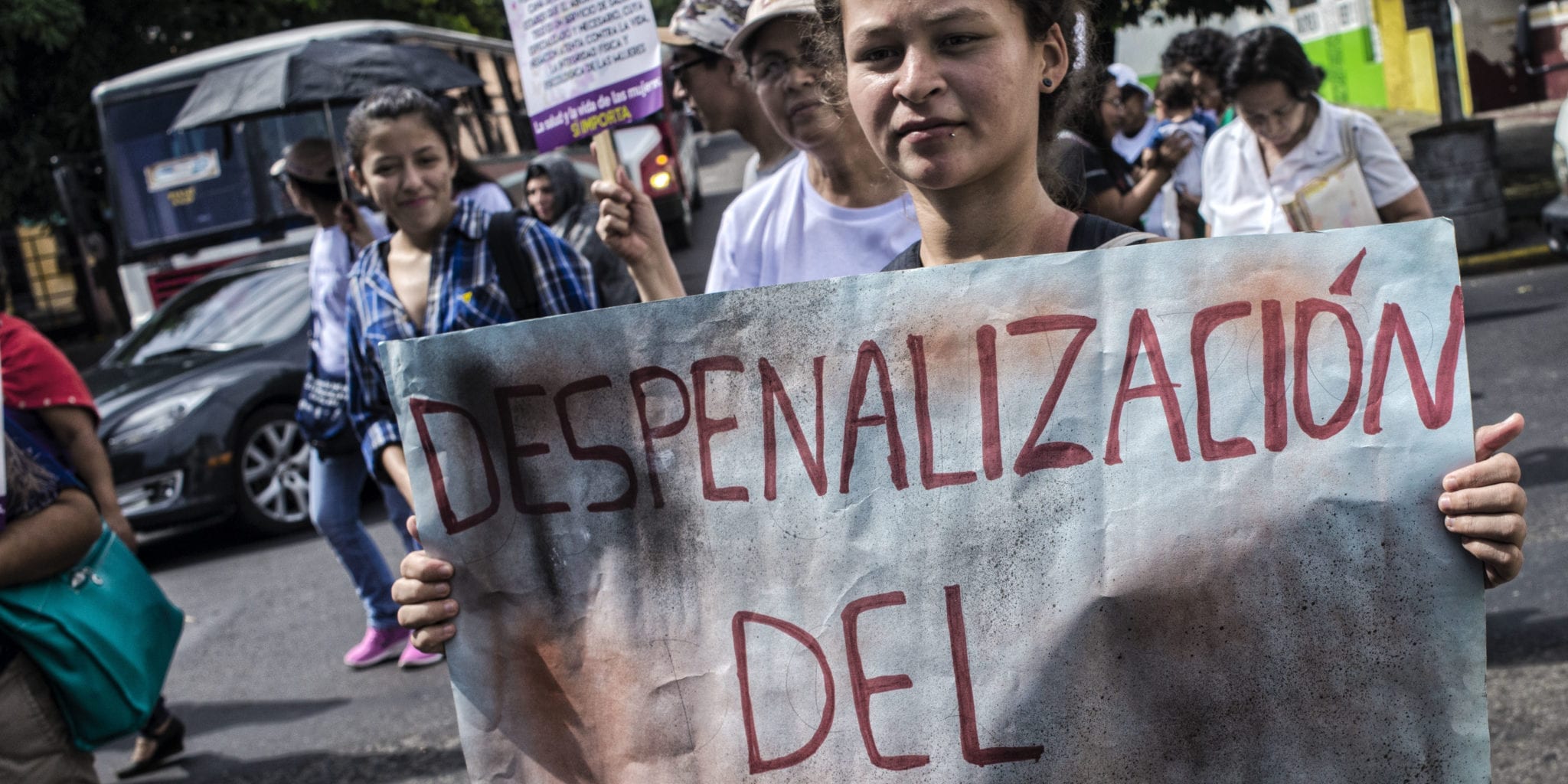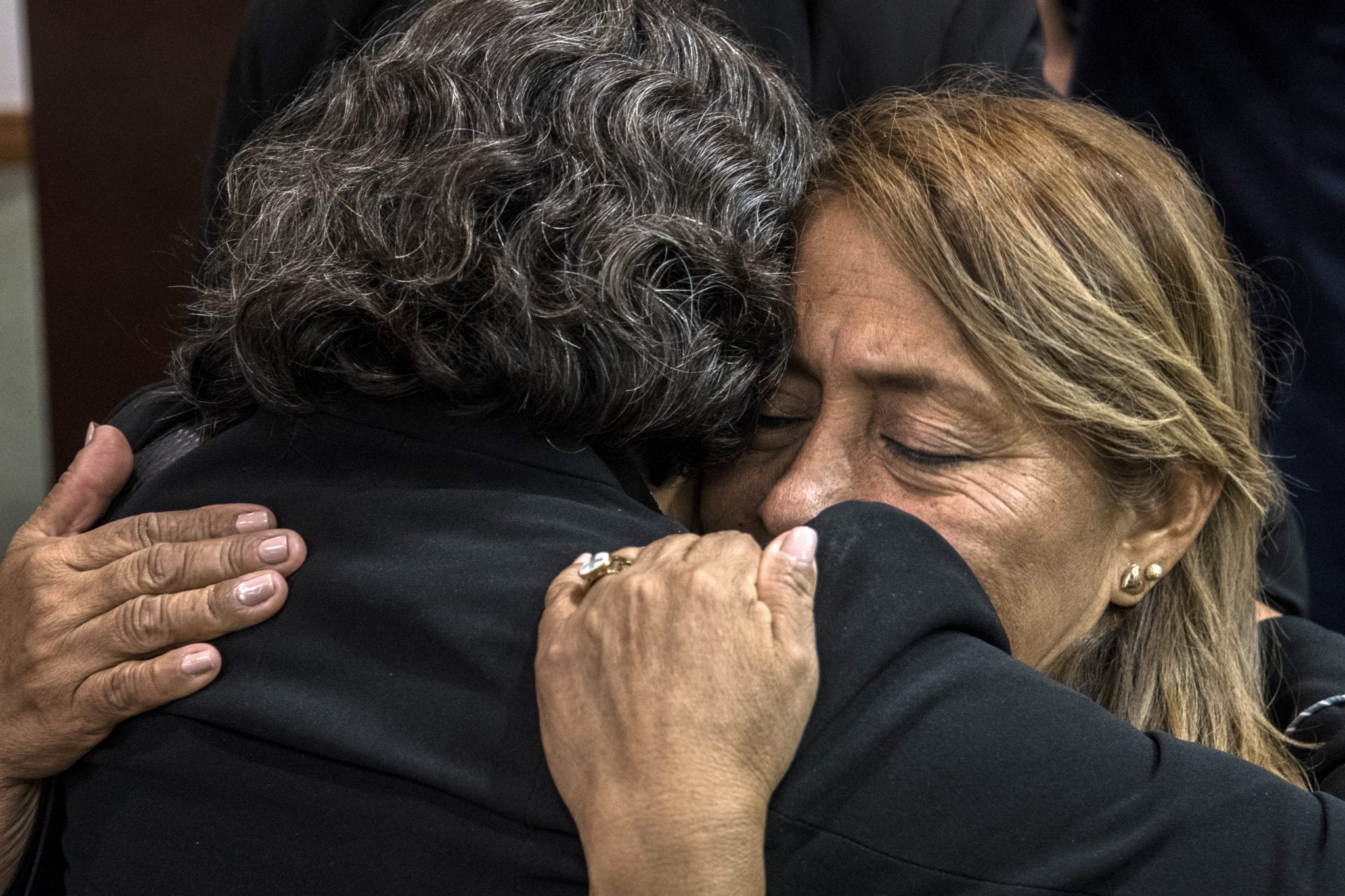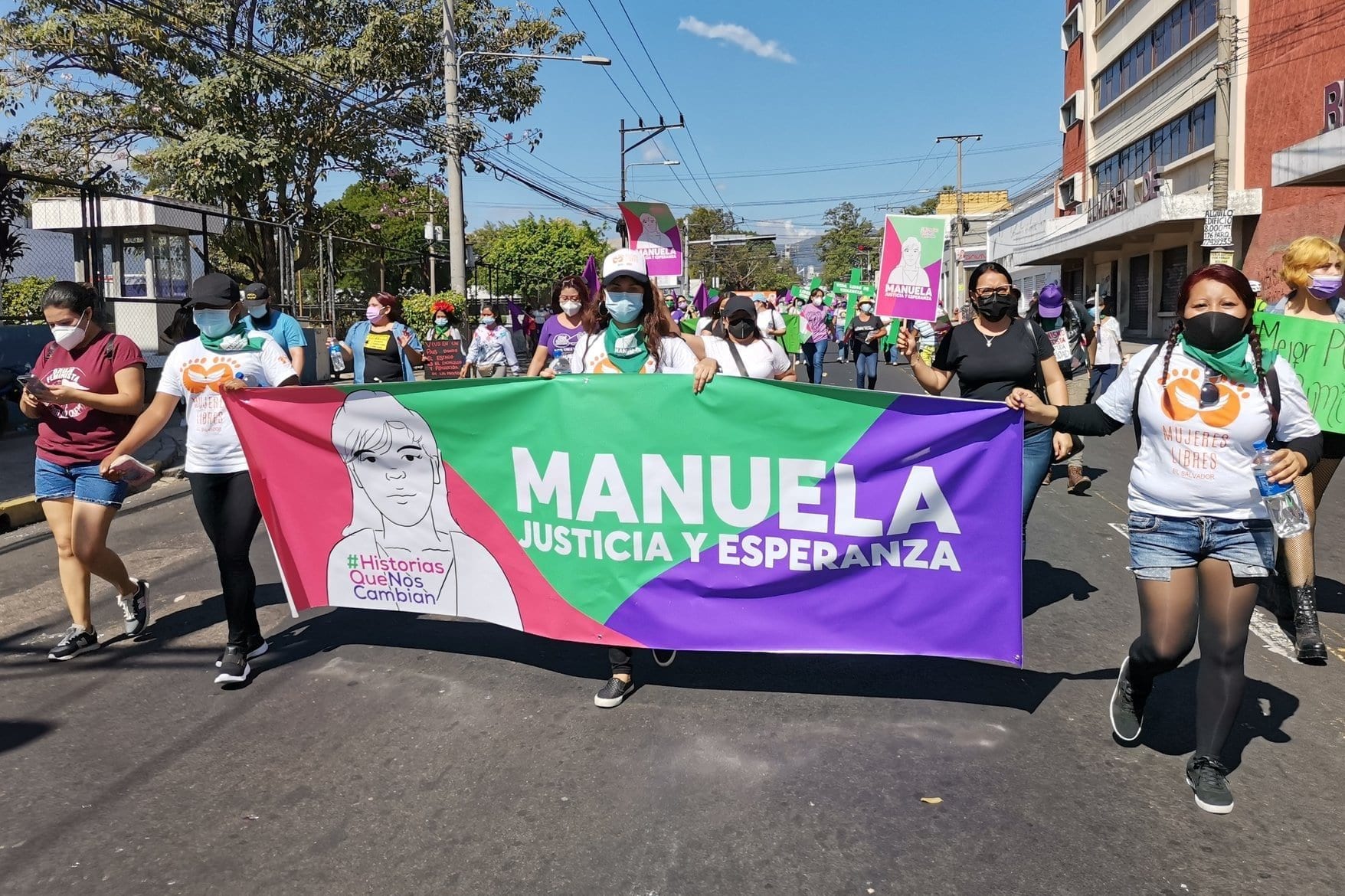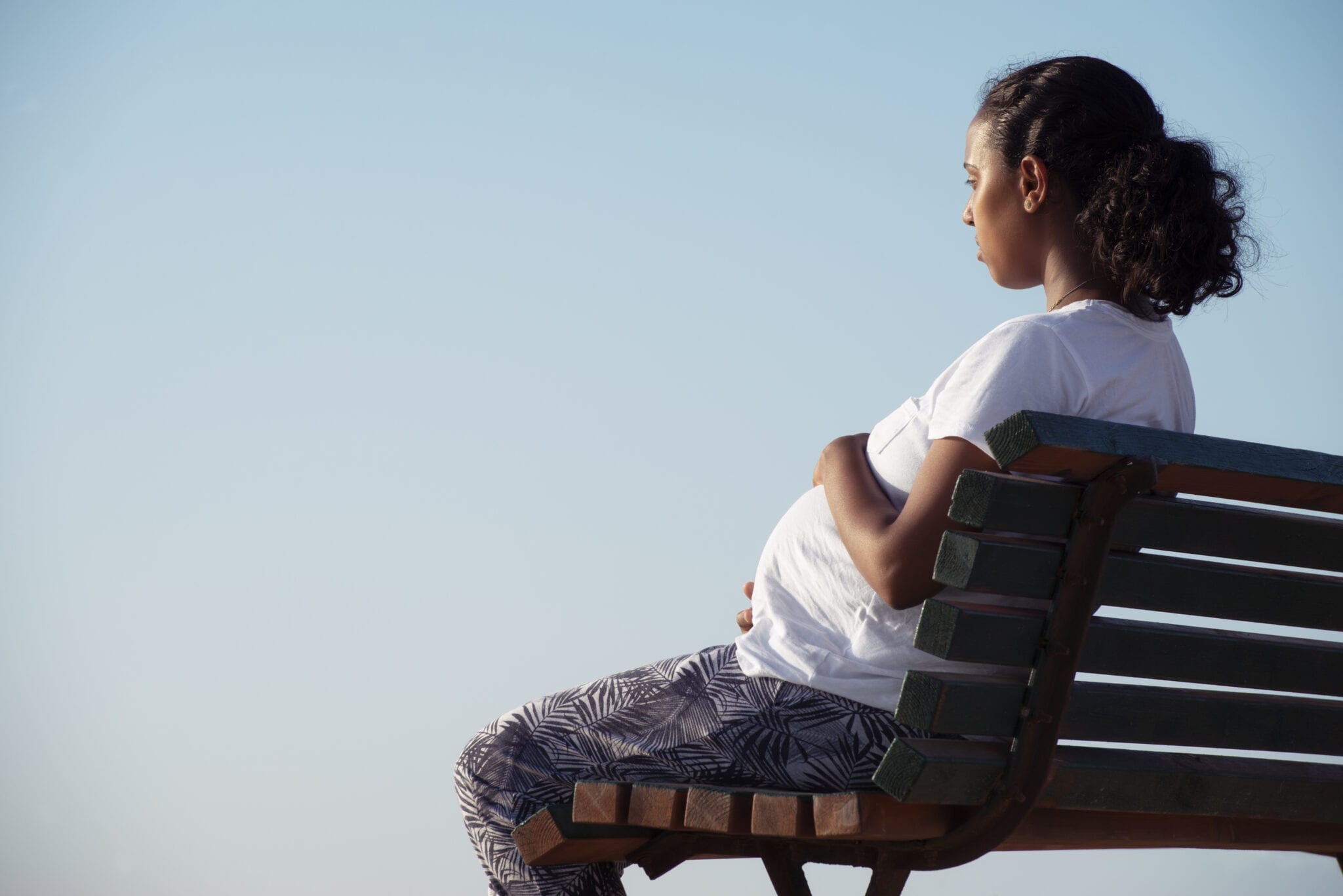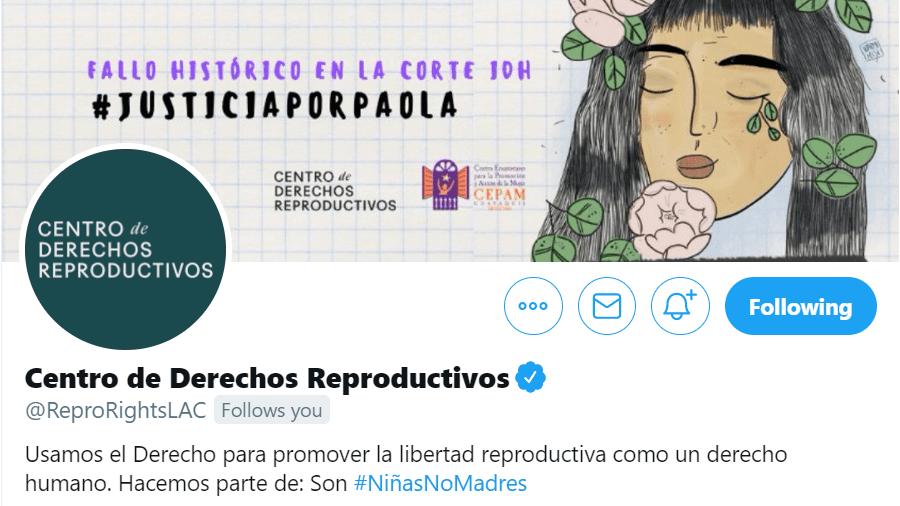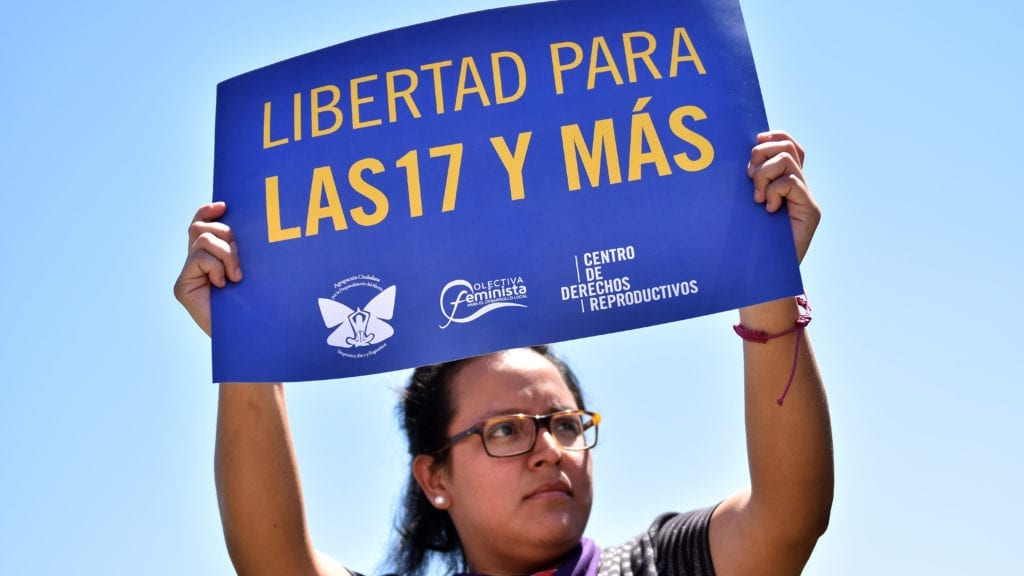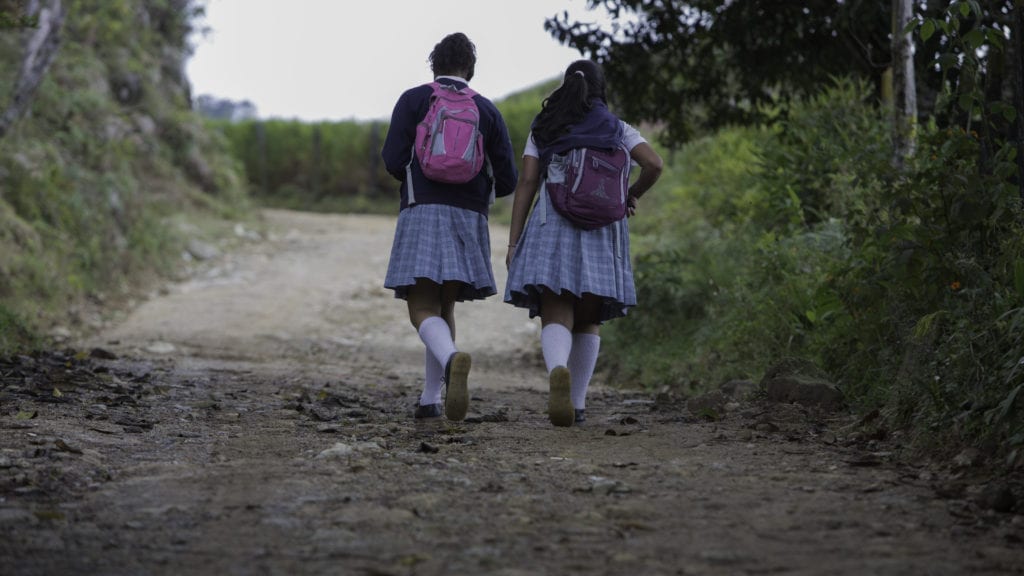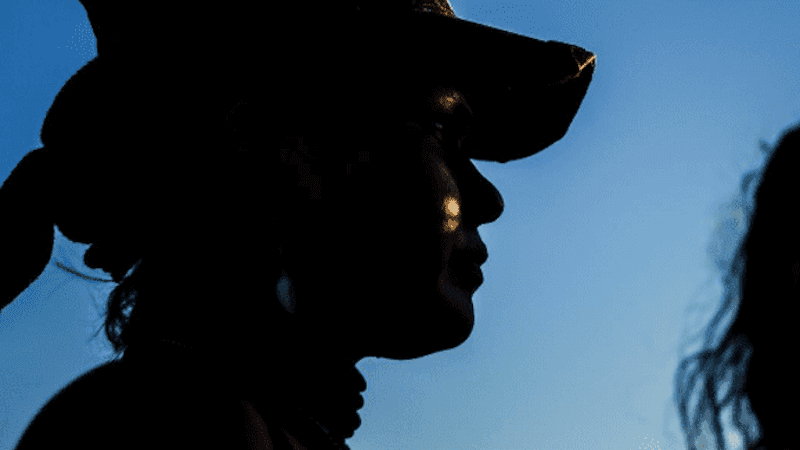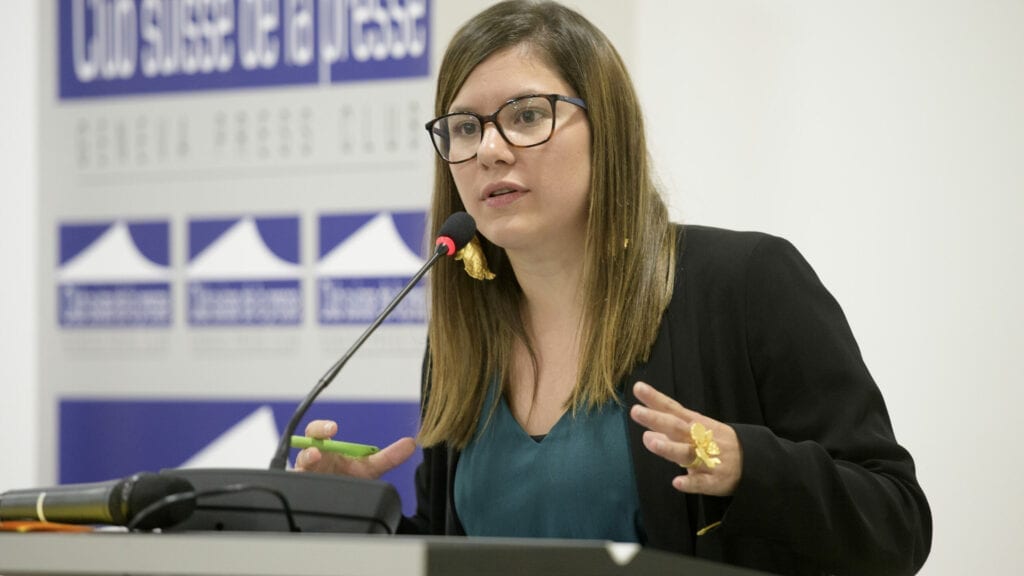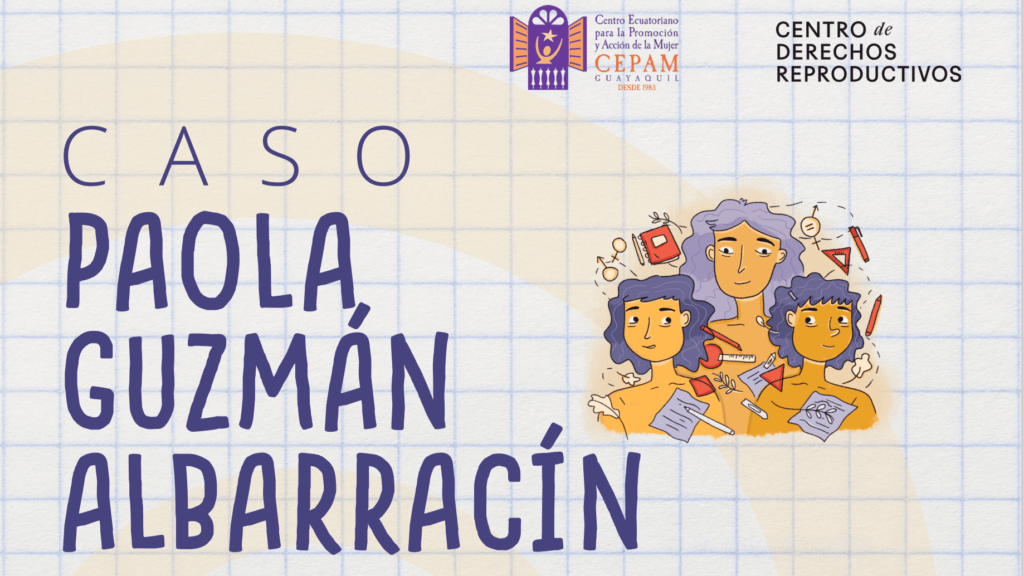Latin America and the Caribbean
The Center for Reproductive Rights Latin America and Caribbean (LAC) Program works to ensure that reproductive rights are recognized as human rights at the national, regional and international levels.
Summary
Along with its partners in the region, the Center uses strategic litigation to hold governments accountable, secure equal access to justice, and obtain redress and reparation for sexual and reproductive health and rights (SRHR) violations and gender-based violence faced by the area’s most vulnerable women, girls and adolescents.
The Center’s LAC Program works to develop strategies to reduce sexual violence and guarantee access to sexual and reproductive rights, education and services; decriminalize abortion; defend women unjustly prosecuted under prohibitive abortion laws; improve access to maternal health care, emergency contraception and other services; and secure reproductive rights in transitional justice settings.
Based in Bogotá, Colombia, and operating in the region for nearly 20 years, the Center’s LAC Program has secured wide-reaching legal victories in national courts, regional accountability bodies, and international human rights bodies that advance reproductive rights and access.
Key Facts
80%
Of sexual violations of girls and adolescents are concentrated in victims between 10 and 14 years old.
4x
Girls under 15 are four times more likely to die during pregnancy or childbirth than an adult woman.
83%
Of women of reproductive age live in countries with restrictive abortion laws.
Cases and Work
Explore highlights of the Center’s work in the LAC region.
A landmark ruling by the Inter-American Court of Human Rights leads to new standards and an apology from Ecuador’s president.
The Inter-American Court of Human Rights sets standards to protect women seeking reproductive health care, including abortion.
Reports on reproductive violence in the Colombian armed conflict.
Publications and More
Follow us.
Follow the Center’s LAC program on Twitter (in Spanish) for the latest updates in the region.
Es justo liberarlas: Mujeres privadas arbitrariamente de su libertad por emergencias obstétricas en El Salvador
(Spanish-language publication) In two unprecedented decisions, the UN Working Group on Arbitrary Detention called on El Salvador to release and provide reparations to four women criminalized for suffering obstetric emergencies, deeming their detention arbitrary. Read more.
They Are Girls: Reproductive Rights Violations in Latin America and the Caribbean
A report on cases addressing the regional pattern of sexual and reproductive rights violations against girls and the lack of judicial recourse for victims of sexual abuse. Read more.
Salud Reproductiva y Glifosato en el Contexto de Conflicto Armado
(Spanish-language publication) This report shows that glyphosate, the herbicide used by the Colombian government to eradicate illicit crops, has negative impacts on people’s reproductive health. We call on the Colombian government to stop the fumigation program from moving forward. Read more.
Son Niñas: Violaciones a los Derechos Reproductivos en América Latina y el Caribe
(Spanish-language publication) Every girl deserves a childhood free from abuse–yet many in Latin America are being failed by their governments. We took the cases of four girls–Fatima, Lucía, Susana, and Norma–to the UN Human Rights Committee to get justice. Read their stories in this fact-sheet. Read more.
Paola v. Ecuador
(Spanish language fact sheet) In a landmark ruling in Paola Guzmán Albarracín v. Ecuador, the Inter-American Court of Human Rights established legally binding standards to prevent sexual violence and harassment in schools throughout Latin America and the Caribbean, and held Ecuador responsible for failing to protect Paola Guzmán Albarracín. Read more about the case in this fact sheet.
